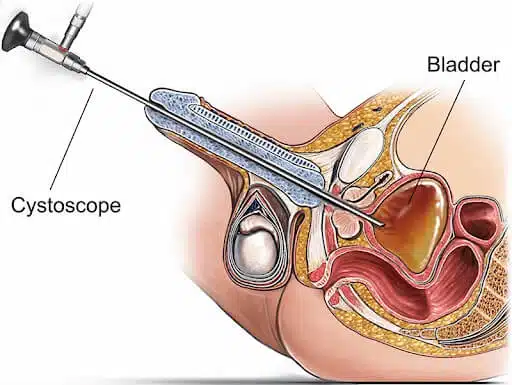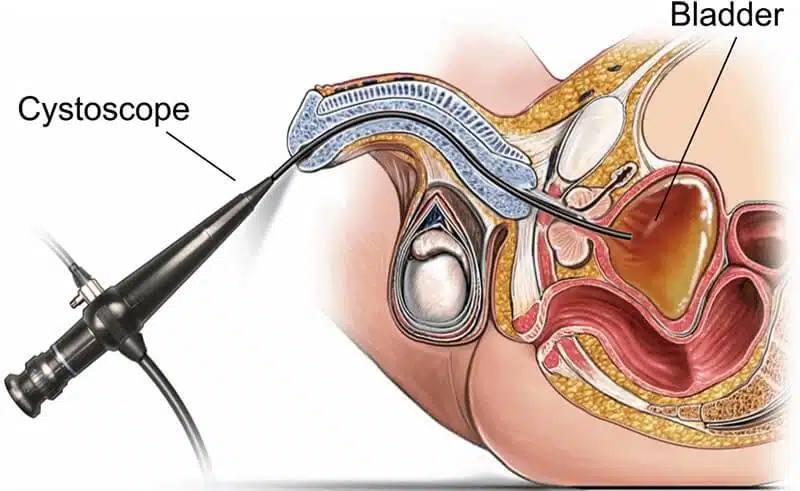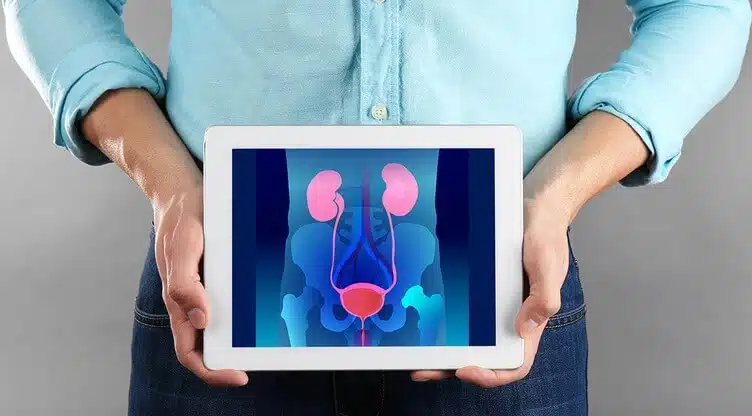A cystoscopy is an examination to detect the health of urethra and bladder. You could hear it called also as a cystourethroscopy or a bladder scope. It’s a routine exam that means you can get it at your doctor’s office or clinic and come back home a similar day without staying in the hospital. The surgeon enters a tube into the urethra. If you’re a female, it’s just overhead your vagina and If you’re a male, the initial is at the close of your penis. The inspection will be for your urethra and also the bladder for polyps, abnormal growths, narrow areas, and other problems. Cystoscopy is a useful test that also brings more information about all related disorders and can be taken easily.

Why Do You Get a Cystoscopy?
This test can help your doctor:
- Check out signs such as incontinency, blood in your urine, overactive bladder or discomfort in urination.
- Find the reason for common and recurrent urinary tract contagions and infections
- Identify bladder illnesses like bladder stones, bladder irritation, and bladder tumor
- Treat specials conditions such as eliminating minor tumors
- Diagnose a distended and enlarged prostate
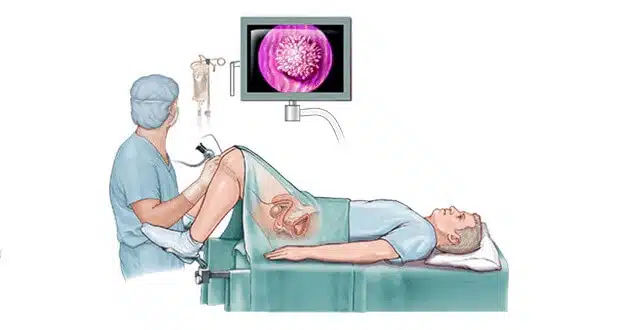
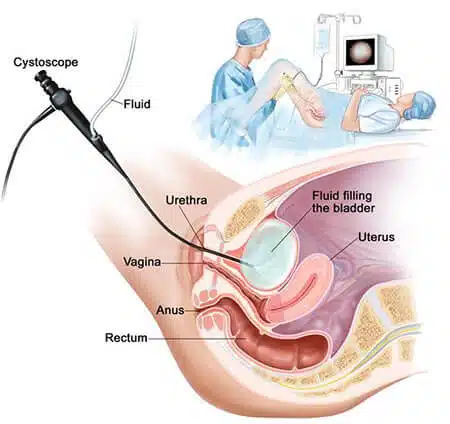
How Does the Cystoscopes Test Work?
Cystoscopes are tube-shaped devices. These tools have lights and cameras that let us examine the inner of your urinary tract. There are two forms of cystoscopes:
- A normal rigid cystoscope
- A flexible cystoscope
Which one is ideal to select, completely depends on the purpose of the test. The surgeon can easily find out what is the main problem and take the best action to treat.
What to Expect During Cystoscopy?
The process commonly takes approximately 15 to 20 minutes.
- You should urinate first.
- Then you will lie down.
- You’ll get medication
- Your surgeon inserts the scope
- The doctor inspects your urethra and bladder
- The doctor fills your bladder
- The doctor takes tissue samples, if necessary.
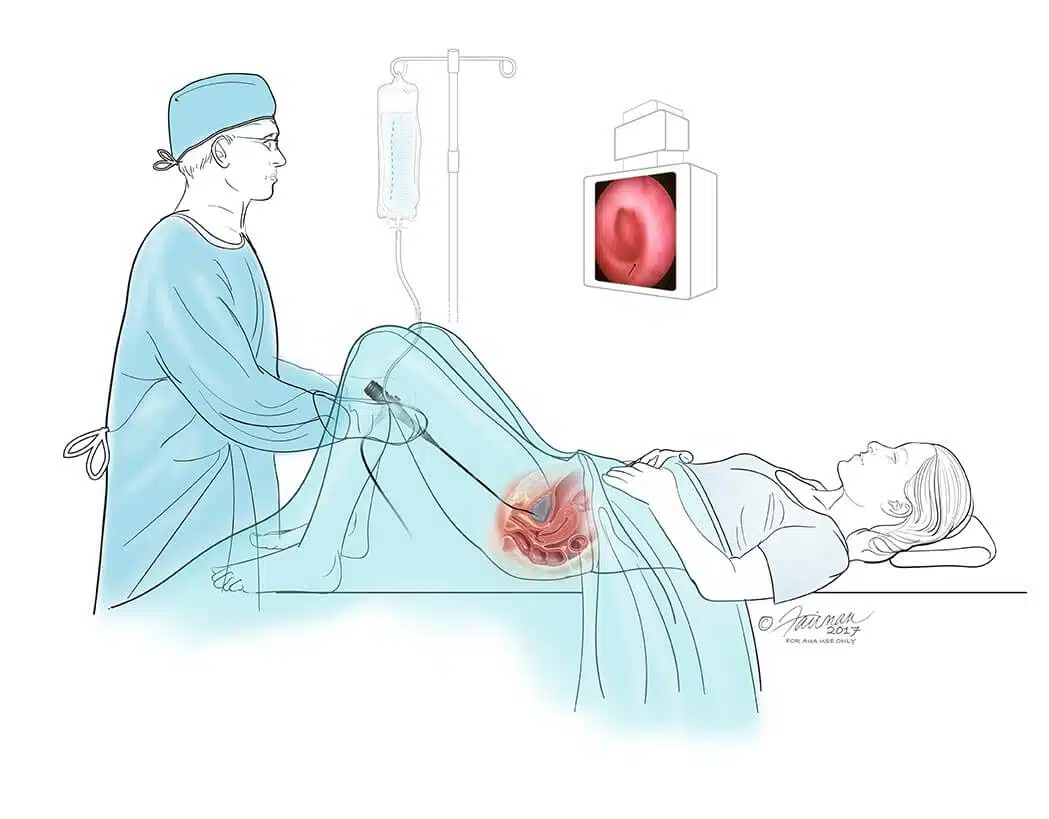

Is a Cystoscopy Painful?
You may sense anxiety when the cystoscopy goes in the urethra and bladder. After the process, your urethra might be aching and it could burn when you urinate for a couple of days. You may sense an urgent need to pee when your bladder gets filled. You may feel a slight pinch if the doctor takes a biopsy.
What Are the Complications of Cystoscopy?
The probable side effects of a cystoscopy may include:
- Infection
- Bleeding after biopsy
- Bladder wall rupture
- Hyponatremia
Contact your surgeon if you have any of the following signs afterward the cystoscopy:
- Severe pain in cystoscopy regions
- Chills
- Sever fever
- Urination less than normal
